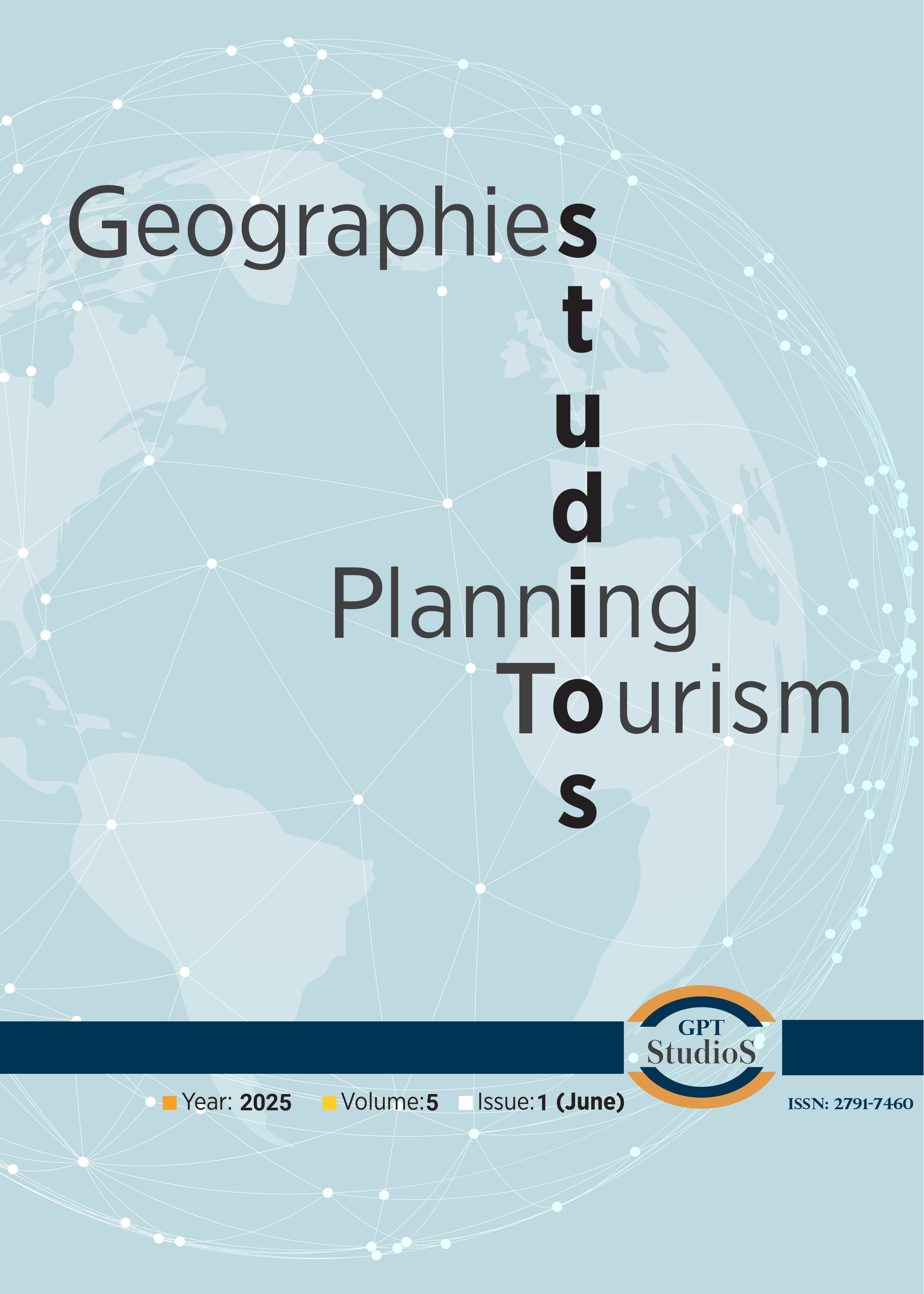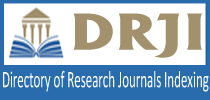
Articles are Open Access and Licensed under a Creative Commons Attribution-NonCommercial 4.0 International License.
Volume: 1 Issue: 2 - 2022
| 1. | Cover Page I |
| FULL ISSUE | |
| 2. | Full Issue Pages II - III |
| EDITORIAL | |
| 3. | Editorial Emine Cihangir, Kübra Cihangir Įamur, Mehmet Þeremet Pages 64 - 67 Abstract | |
| RESEARCH | |
| 4. | Evaluation of Refunctioning/Adaptive Reuse in terms of Cultural Tourism in the Conservation of Architectural Heritage: The Example of Diyarbakýr Ferit Köþk (Mansion) Nursen Iþýk doi: 10.5505/gpts.2021.10820 Pages 67 - 84 Refunctining (adaptive reuse) has an important place in the preservation of historical and cultural values. It is aimed to ensure the sustainability of the registered structure with its original components as much as possible by registering some of the structures that need to be conserved. There is an important gap to be filled between the balance of conservation and use; In closing this gap, branding processes in tourism, competing cities, etc. conceptualizations enable cultural values and identity components to come to the fore. In new conservation approaches, registered buildings are very important for the cultural development and promotion of the city. It is an agreed issue that all of these assets should be converted into museums or efforts in this direction are unsustainable and that they should be focused on adaptive reuse and using them while preserving and transferring the citys history and culture to future generations. This study is based on the discussion that finds it right to establish the relationship between the cultural continuity and the use of re-functionalized historical buildings in the context of tourism, especially cultural tourism. Thus, it is aimed to gain the necessary momentum from the unity of culture, conservation, sustainability, and tourism and to create content that contributes to the urban economy. In this context, the existing structural problems of Ferit Köþk (Mansion), which is one of the historical buildings of Diyarbakir, were examined, and suggestions were presented for the sustainability of the mansion, its refunctining (adaptive reuse), the provision of conservation-use balance, and its bringing into cultural tourism. It is aimed to create an agenda for the mansion structure and conservation policy in line with the suggestions presented with this study, which is prepared for the use and transfer of the building to the future by refunctining (adaptive reuse), which is not used today and is in danger of collapsing. |
| 5. | Neoliberal Urbanism and Commodification of Urban History as a Marketing Tool in Public Recreation Cansu Korkmaz doi: 10.5505/gpts.2021.58066 Pages 85 - 96 Although neo-liberalism is not an urbanization policy, it has changed urban practices since 1970s. Neoliberal politics has started to use history, culture, identity, social status, even happiness as a commodity that can be bought and sold to ensure the sustainability of capital. Urban history and cultural heritage have been highlighted in urban spaces, themed projects, shopping malls, residents, and tourism facilities etc. Hereby, cultural heritages and culture have been faced with depreciation and conservation. Cities have transformed into a fragmented structure with replicas and city images are destroyed. In globalization process place that is a significant concept in terms of architecture and urban planning, has started to lose its distinctive character and lost its meaning. Neoliberalism has constituted non-places that defines as places which can be seen everywhere without socio-cultural connection. The difference of an area and space is to be identifiable not only spatial but also historical and relational. The case study area, Ecdad Park, is inspired by historical and architectural features of Ottoman and Selįuklu Empire and commodify urban history as a marketing tool. In scope of the research, the effects of commodification of urban history on users satisfaction is evaluated with user satisfaction survey. In the light of the results obtained from the survey, density of green areas, cleanness, proximity, security is more effective on user satisfaction rather than historical data and replicas of cultural heritage. Keywords: Neoliberal Urbanism, Commodification, Non-Places, Public Space, Konya Ecdad Park. |
| REVIEW | |
| 6. | Geographies of Gender in Turkish Higher Education Institutions: Conceptualization of Women Employment Orhun Burak Sözen, Ýlker Eroðlu doi: 10.5505/gpts.2021.65265 Pages 97 - 112 The significance of women employment for Turkey has been emphasized in this article. It is clear that women employment is the basis of sustainable development and pre-requisite for progress. The factors that impact women employment have been inquired and those factors have been associated with relevant gender studies theories. Within the context, Pierre Bourdieu, Simon de Beauvoir and Luce Irigaray have been some of the references. Simon de Beauvoir over-emphasizes the role of society in this issue asserting that one is not born but made woman. Her principle verifies the dominant role of Turkish society in this issue. The liaison between while COVID-19 period and women employment has also been inquired. Relevant general findings and findings specific to Turkey have been determined and likewise concluded. Henceforth, patriarchal social and family structure, traditionality concerning family, mass of inhouse work for women within this framework, separation about wages, lack of income and low-level education all impact women employment in Turkey in a negative way, most economic sectors are affected likewise. On the other hand, the domains such as academic life in terms of women employment are praiseworthy and give hope. On the other hand, while-COVID 19 period has affected women employment worse than it has for men. Within the context, increasing workload and household chores, increasing load of child and elderly care parallel to work at home by the pandemic, stress and negative emotions, limited access to communication and information technologies at home, rise in the lack of wage and income have been prioritized. While Turkish society has evolved into more complex form through differentiation, women employment has trend of development. This is parallel to the global trends but behind them. |











